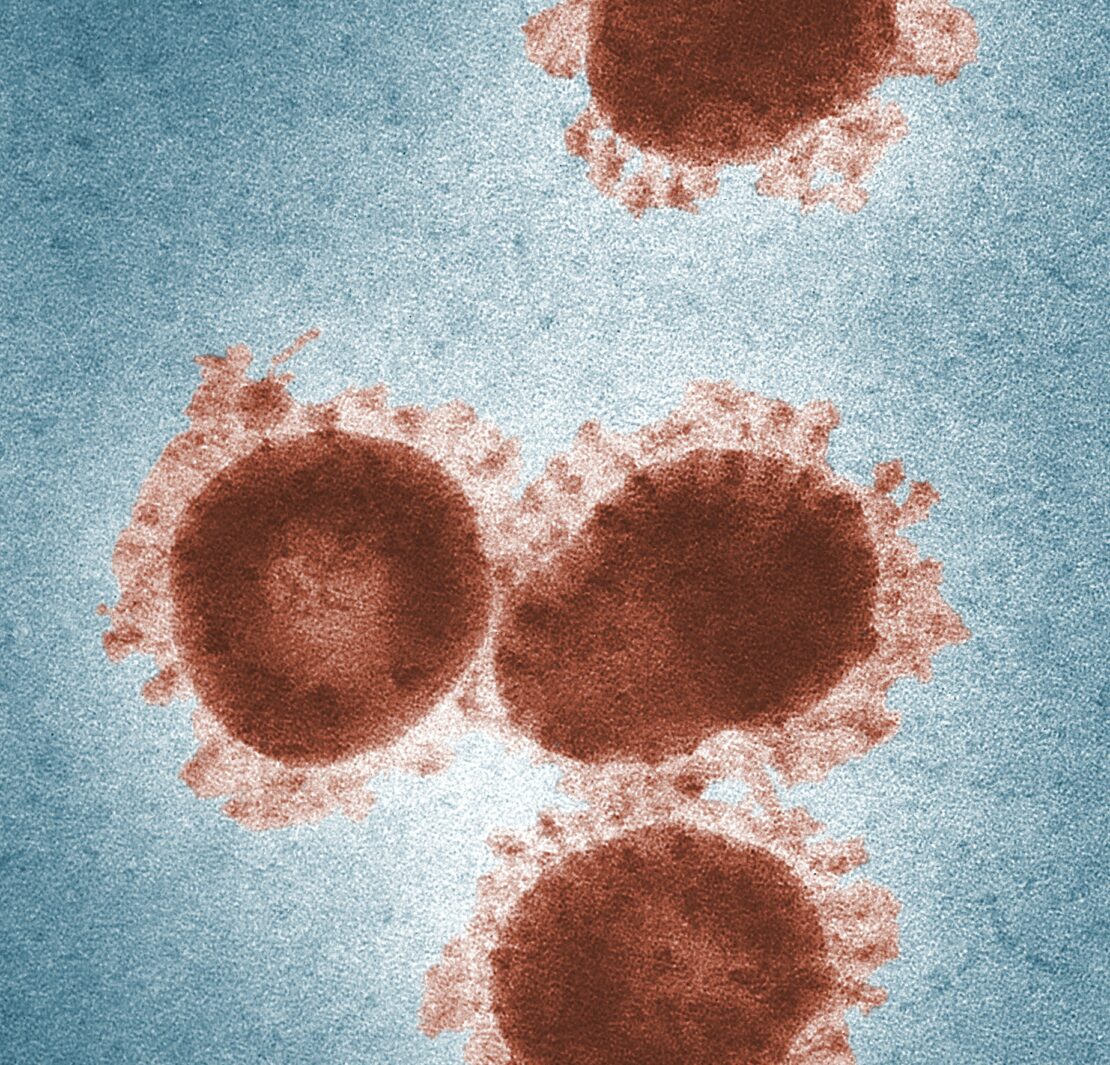The novel coronavirus, which resulted in COVID-19 infections, caused a worldwide health pandemic and had social and economic implications. Many variants have emerged that spike positive COVID-19 cases in our communities, neutralize the efficacy of vaccines, and slow or halt the progression towards a semblance of normalcy.
Why Do Variants Happen?
Viral infections naturally mutate and change. The mutation causes a new variant of the virus to emerge. Some variants die off quickly, while others become persistent. The more persistent variants can attach themselves to other cells and cause more infections.
How Many Variants are There?
According to the CDC, there are over ten known COVID-19 variants. However, only three of them are considered variants of concern because of public health risks. These include:
B.1.1.7 (Alpha)
- The UK identified the first case in December 2020.
- The variant has a higher viral load and spreads 56% faster than other infections.
- The Alpha variant contributed to an increase in transmission, COVID-19 infections, and hospitalizations.
- Research shows that there are 23 mutations of this variant.
- COVID-19 vaccines may be moderately ineffective for this variant.
B.1.351 (Beta)
- The US identified the first case at the end of January 2021.
- The variant has a higher transmission and reinfection rate.
- Research shows that there are 12 mutations of this variant.
- The Beta variant is significantly resistant to Moderna and Pfizer vaccines.
P.1 (Gamma)
- The US identified the first case at the end of January 2021.
- The Gamma variant was the dominant infection source in Japan, and now it appears to be the cause of most infections in Brazil.
- The variant has a higher transmission rate and reinfection rate.
- The Gamma variant caused a six-time increase in hospitalizations.
- Research shows that there are 17 mutations of this variant.
- The Gamma variant is significantly resistant to COVID-19 vaccines.
Other COVID-19 Variants
Recently, scientists identified the Delta and Lambda variants. The first case of the Delta variant occurred in March 2021. Presently, the Delta variant is the dominating source of COVID-19 infections in the United Kingdom. It also contributes to a resurgent of infections in Lisbon, Russia, Indonesia, and other countries. Scientists found that the Delta variant transmits 50% faster than the Alpha variant, and the Alpha variant was 50% more transmissible than the original COVID-19 infection. In the United States, the Delta variant accounts for at least 14% of new COVID-19 infections. This suggests that the Delta variant spreads faster than other variants, making it another variant of concern.
The Lambda variant is a newly identified variant that spreads faster than others, resulting in more COVID-19 cases. Most reports of the Lambda variant are in South American countries, such as Peru, Chile, and Argentina.
A variant can also be the dominating strain in a specific area. For instance, the A.23.1 variant is the most common coronavirus in Uganda and accounts for most infections. Additionally, between July and October 2020, the CAL.201 cluster dominated Southern California.
What Makes a Variant Different?
COVID-19 variants are different from the original viral infection for several reasons. Some variants are more easily transmitted. What this means is that certain places can experience outbreaks and surges in cases. As a result, the variant becomes the dominating infection source of an area. Variants can also have more significant complications, like hospitalization following an infection, particularly for unvaccinated people or people from vulnerable populations. Finally, some variants are resistant to one or more of the current COVID-19 vaccines. Or, vaccines offer less protection against a variant.
What Do Variants Mean for Vaccinated People?
We don’t yet know what all COVID-19 variants mean for the efficacy of the current vaccines. However, some of the known variants are moderately or significantly resistant to one or more vaccines and treatments. What this means is that the current vaccines offer slightly less protection against symptomatic infections. Additionally, some of these variants can cause reinfections in people who’ve recovered from a COVID-19 illness and infections in vaccinated individuals.
Protecting Yourself from the Variants
The presence of different COVID-19 variants means that you cannot become lax in protecting yourself from infection. We recommend doing one or more of these things.
- Discuss the vaccine with your healthcare provider. Scientists believe that a Delta variant infection is more likely put unvaccinated people in the hospital.
- Continue to adhere to safety and hygiene practices, such as mask-wearing and hand washing.
- Maintain social distance when you’re out in the community.
- Avoid crowded or poorly ventilated spaces, even if you are vaccinated.

